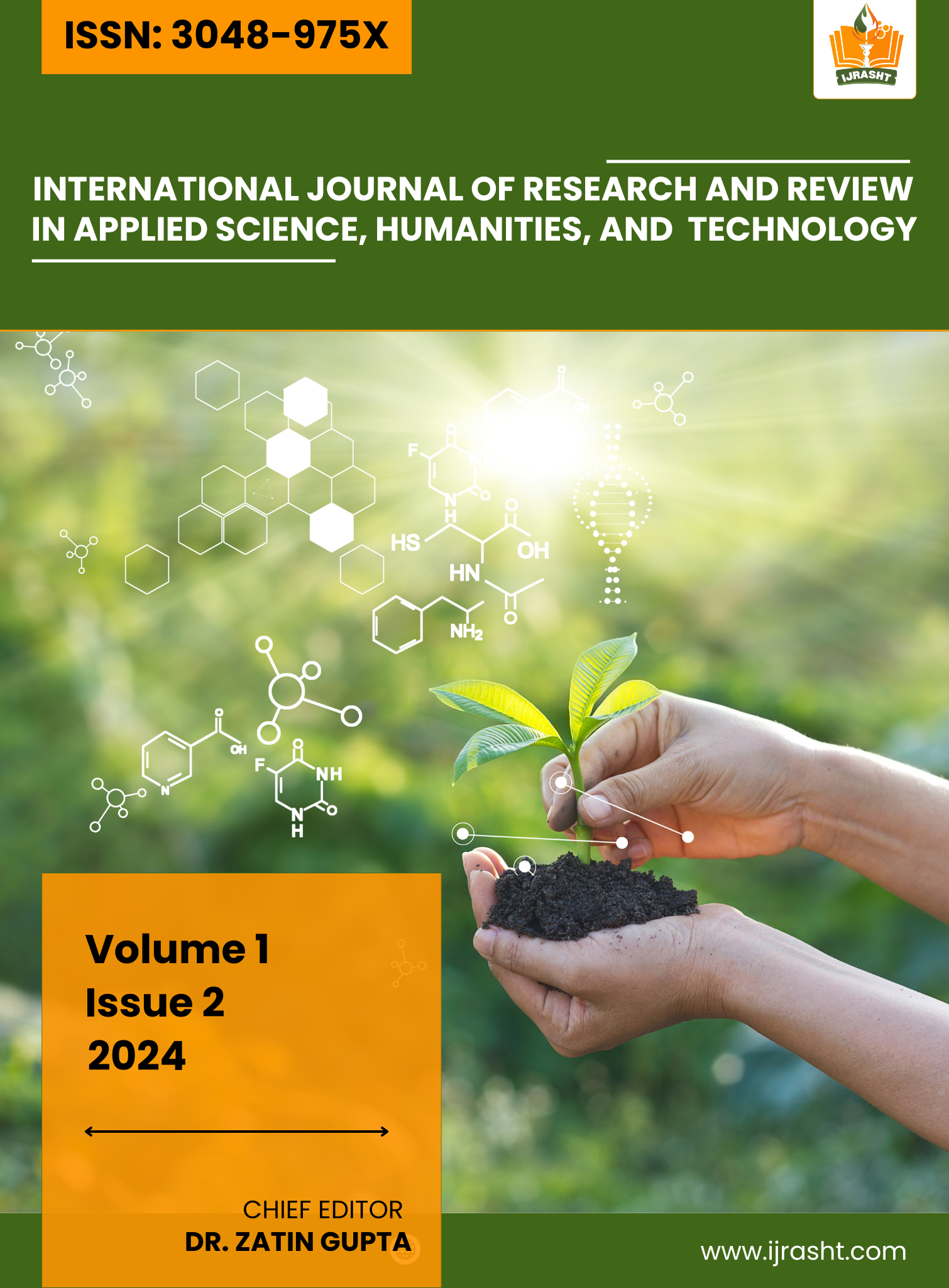Optimizing Face Recognition with PCA and KNN: A Machine Learning Approach
DOI:
https://doi.org/10.71143/wf3sr109Keywords:
KNN, Face Detection, PCA, Dimensionality Reduction, Machine Learning, Feature Extraction, Artificial Intelligence, Face Recognition, Python, Scikit-learn.Abstract
Face detection and recognition have become critical applications in various fields, including security, identity verification, and human-computer interaction. This paper presents a comprehensive analysis of face detection techniques using Artificial Intelligence (AI), focusing on the integration of PCA and KNN algorithms. PCA is employed to reduce the dimensionality of face image datasets, effectively extracting important features while minimizing data loss. The KNN classifier is used for classification by identifying the closest matching face in a dataset. By applying these techniques to the LFW dataset, we achieved an overall accuracy of 88%, demonstrating the efficacy of this approach for face detection. The methodology involves training the system with face image data, utilizing PCA to project the images onto a lower-dimensional space, and applying KNN to classify the images based on their reduced feature set. The implementation was carried out using Python’s Scikit-learn library, highlighting the ease of combining well-established machine learning algorithms in a straightforward programming environment. Results show that using KNN with an optimal K value of 5, alongside PCA retaining 95% variance, provides a robust and efficient solution for face detection tasks. While this approach achieved significant success, further improvements could be made by integrating advanced classifiers such as CNNs or exploring neural networks for feature extraction. Additionally, real-time performance can be enhanced by optimizing the computational process or leveraging OpenCV for real-world applications.
Downloads

Downloads
Published
Issue
Section
License
Copyright (c) 2024 International Journal of Research and Review in Applied Science, Humanities, and Technology

This work is licensed under a Creative Commons Attribution-NonCommercial 4.0 International License.









